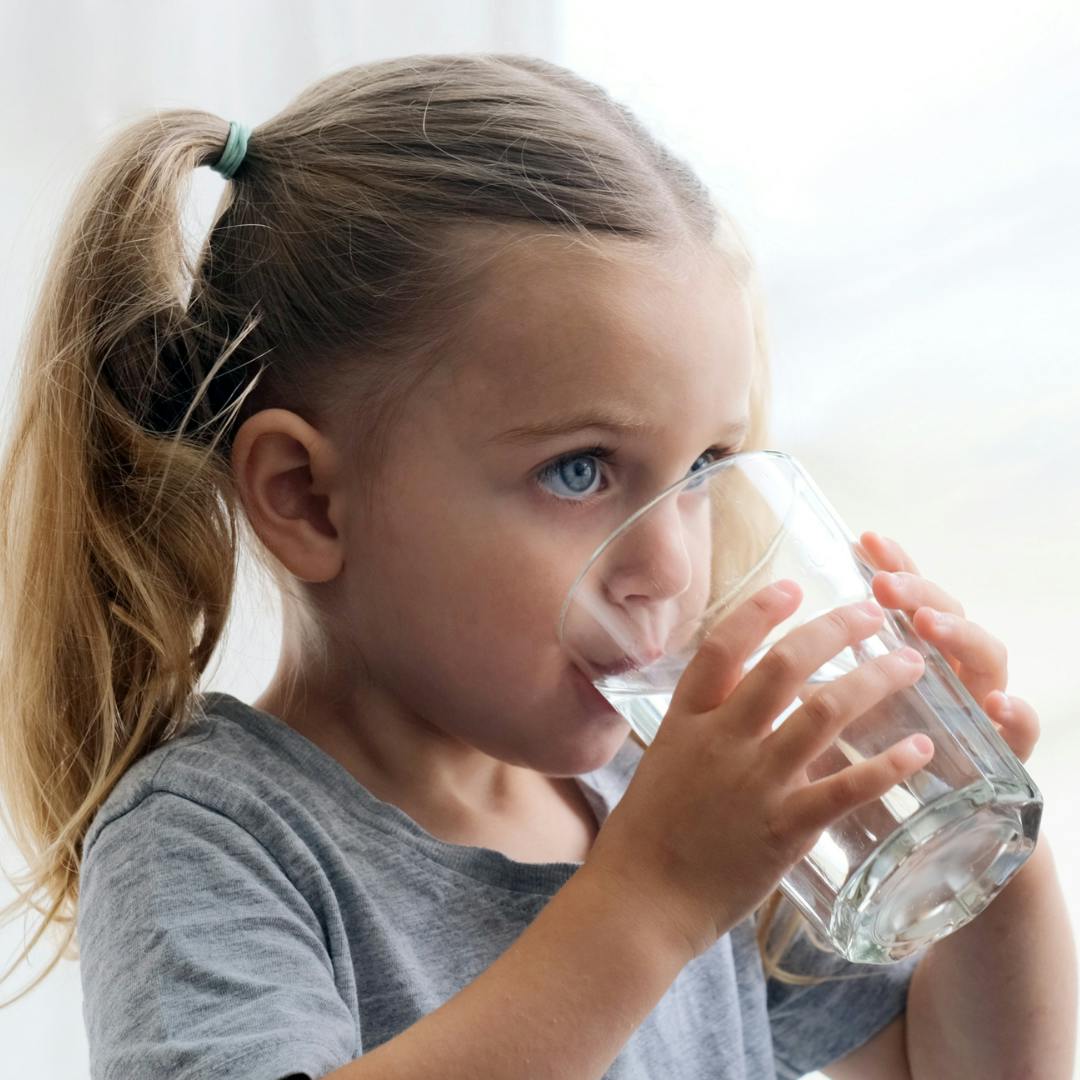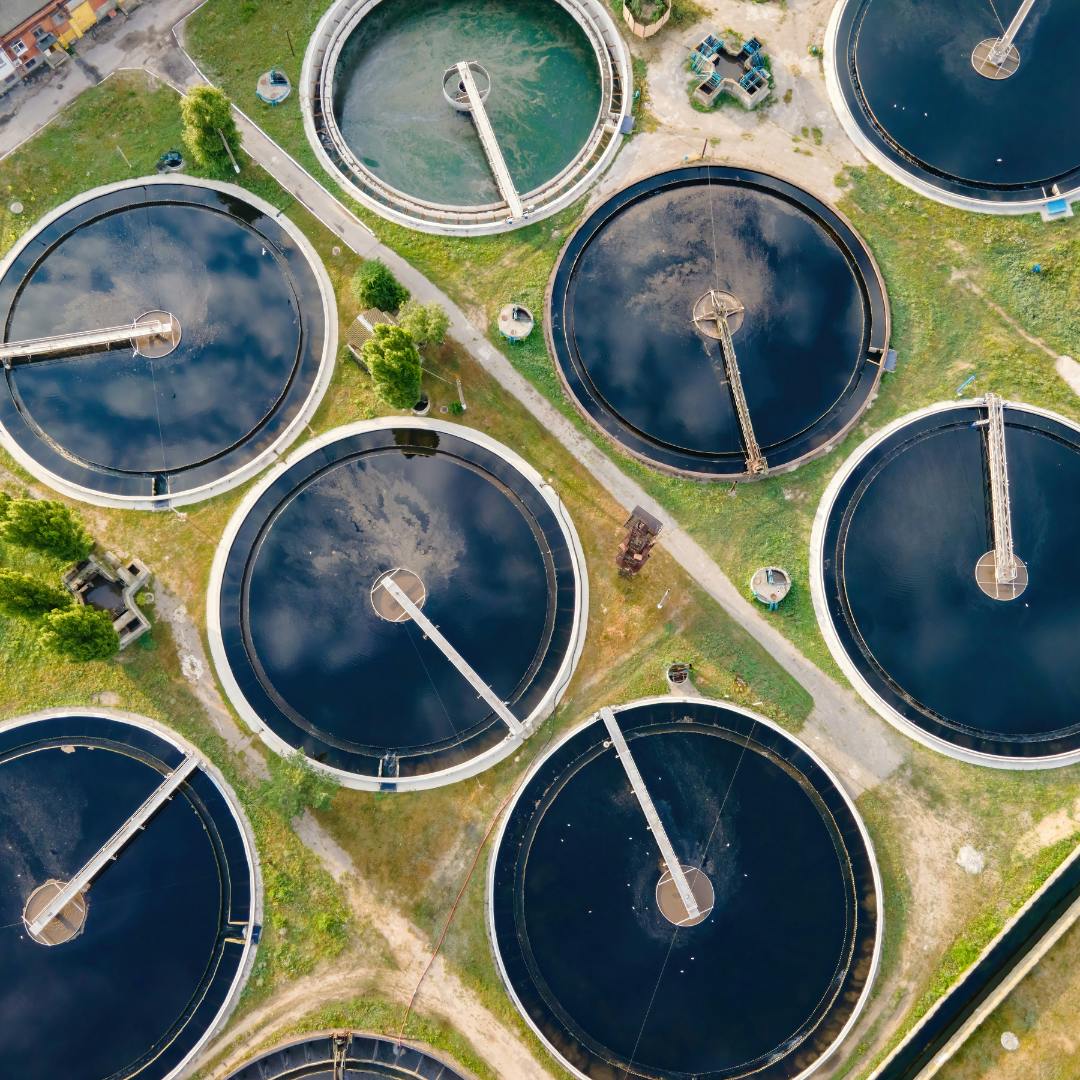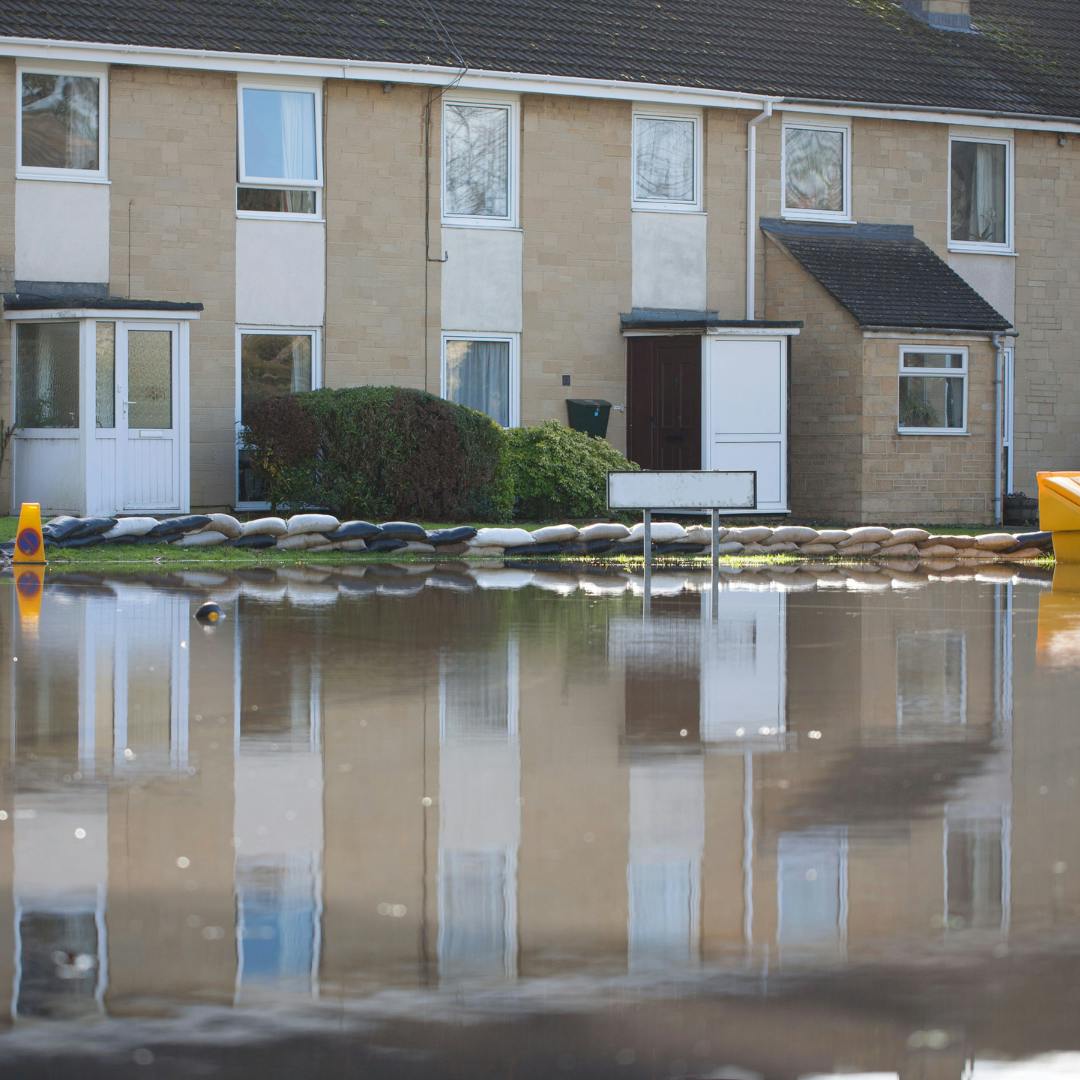International Day of Climate Action
International Day of Climate Action falls on the 24th of October every year to raise awareness of the pressing need to address climate change. Climate action could mean reducing greenhouse gas emissions or Improving adaptation to climate-cause issues.
- Climate
- Emissions
- Flooding
Reducing emissions
The water and wastewater industry in the UK accounts for between 1%-3% of total national energy output, what can be done to reduce this?
Mains water
The water that is pumped to our properties from reservoirs is treated by utility companies to make it safe for consumption, including water used to flush your toilet (although we wouldn't recommend drinking it). This is very energy intensive, so how do we reduce this (without being dehydrated)? One way is through rainwater harvesting, which would allow you to wash your car and water your garden for free, cutting the need for fresh potable water to be pumped to the house when it's not needed, thus reducing emissions associated with treatment and pumping.

Sewage treatment

The water that ends up in our drains from sinks and toilets needs processing to eliminate the harmful contaminants in there, such as bacteria and viruses and chemicals used in washing up. But did you know that often the rainwater that flows into the drains from the street or in household guttering and ends up in the same pipes as the sewage heading for treatment. This is known as the combined sewage system where the rainwater that flows into the drains joins the same water that comes from our toilets and drains. This means that rainwater is unnecessarily being treated just as sewage is, which is a costly process. Installing rainwater harvesting systems such as water butts or planters that capture the water for reuse, means less water ends up in the system and in need of energy intensive treatment, thus reducing emissions.
Improving adaptation
Flooding
Extreme weather events are more likely due to climate change meaning that rainfall events can increase in duration and intensity. Runoff of rainwater on our impermeable streets and driveways pools together, even combining with overspill from storm drains leading to flooding. Flooding can devastate houses and communities and cause a large financial and emotional cost to households and businesses.
Rainwater harvesting seeks to gather and store rainwater which helps put less pressure on the storm drains, meaning they are less likely to overflow. Slow release and leaky water butts also assist in reduction as they slowly release some of the water in the water butts reducing the sudden strain on the system.


Drought
You wouldn't think that the UK suffers from a shortage of rain, we do however suffer from water shortages during periods of abnormally low rainfall. During these periods you may experience hosepipe bans, preventing their use for washing vehicles and watering gardens. An adaptation to this would be to harvest your own rainwater and use it at your own leisure. This would be at a reduced householder cots and would put less of a strain on water companies to provide so much potable water for non-potable uses, meaning that there would be less of a shortage.